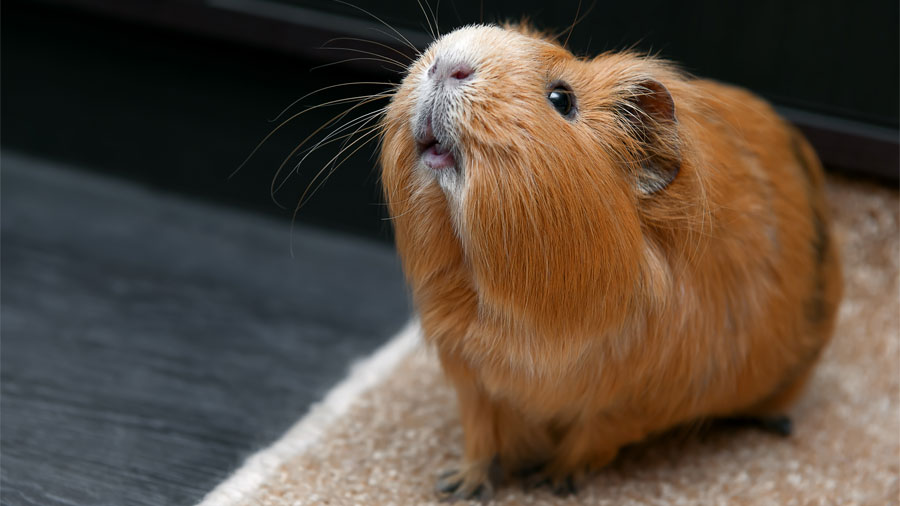National Pet Memorial Day Is September 10
“The death of a pet is one of the few types of loss that may not be appreciated by others as a true cause for grief,” says Gail Hague, client counselor specialist at the University of Illinois Veterinary Teaching Hospital in Urbana. “Individuals who experience this type of loss do not always get the social and familial support they need.”
National Pet Memorial Day, which falls on the second Sunday of September each year, is one way to call attention to pet grief. This day was established for pet owners to honor pets past and present and to share the vital role that their animals have played in their lives.
“When you lose a pet, you lose a part of yourself. You lose everyday rituals. There is an empty bowl on the floor, and an empty space in your home,” explains Hague, who specializes in grief counseling for individuals and families that have recently lost a pet.
Bonds Form with Many Species
People may grieve the loss not only of dogs and cats but also horses, fish, turtles, hamsters, birds, and many other species with which they have developed a bond.
“I have a parrot, and absolutely everything happens on her schedule. She talks about everything, and my house would be so still and silent if she were gone,” says Hague. “Relationships with animals are meaningful socially and psychologically. When that relationship is lost, the loss can be as painful as if one lost a friend or family member.”
It is not uncommon for owners to feel angry or depressed after a loss, which can affect their social and family relationships and their physical health. Hague says that grieving owners may even experience symptoms associated with trauma, including panic disorders, anxiety, sleeplessness, change in eating patterns, and an inability to concentrate that can interfere with work.
Hague says that the best thing that friends and family can do is to be supportive, be compassionate, and to just be there for their loved one.
“Be present and available. Listen to everything they have to say. Validate their experience. Normalize it, without trivializing it,” advises Hague. “If you are experiencing the loss, understand that everything you are feeling is valid.”
Ways to Memorialize Your Pet
Many people who are working through their grief take comfort in selecting a way to memorialize the pet. Sometimes this means burying the pet in the yard and planting a tree or shrub nearby. Pet cremation is another option; your veterinarian will be able to help arrange this service. The pet’s ashes can be kept in a decorative urn or scattered in a meaningful location.
Making a donation in the pet’s memory and displaying photos of the pet around the home are ways to show that the pet was an important and valued part of the family. Doing something that helps the community, such as volunteering in a shelter or collecting food for a food bank, is another great way to honor the pet.
You Decide When the Time Is Right
Bringing a new pet into one’s home is sometimes perceived as disrespectful to the deceased animal, but Hague has a different perspective: “The life that you gave your pet is the respect that that pet needed. You can’t replace one animal with another, but there is always room in the heart of someone who was a devoted pet owner to love and care again. Not only does it help your heart to heal, but it gives another animal a home.”
However, each person must decide when the time is right. “Whatever feels right to you is a good thing to do,” says Hague.
Counseling is also helpful for many people as they move through their grief. Hague provides this service for clients of the Veterinary Teaching Hospital in person, over the phone, and via video chat. The American Counseling Association can also help locate a counselor in your area.
Hague says, “The thing about grief is, there is no way over or around it. You have to go through it. Don’t let anyone tell you what to feel, how much to feel, or how long to feel. It is over when you say it’s over.”
If you have any questions about National Pet Memorial Day or grief counseling, contact a trained grief counselor or your local veterinarian.
By Hannah Beers

![[cat statue in pet cemetery]](https://vetmed.illinois.edu/wp-content/uploads/2021/04/pc-grief-hague.jpg)


